(December 28, 2021) Vrooming on her Bajaj Dominar, Candida Louis revved up on the open road solo for a trip from Bengaluru’s Vidhana Soudha to Sydney. It was August 2018 and she covered 28,000 km across 10 countries. Not just an ordinary road trip across continents, it was an emotional tribute that culminated into an epic journey. The 31-year-old biker girl’s journey was homage to an Australian biker who died riding a motorcycle from Alaska to South America. “I won a photography contest and was invited to the US where I first heard about Alistair Farland, an Australian biker who died in a highway accident in North America. It’s every parent’s wish to see their child return home after a trip. I kept thinking about Alistair’s parents after the tragic incident, and just couldn’t shake off that feeling. So, I decided to take a trip from Bengaluru to Sydney to meet his parents, and complete the trip on his behalf as a tribute to him,” Candida tells Global Indian in an interview.
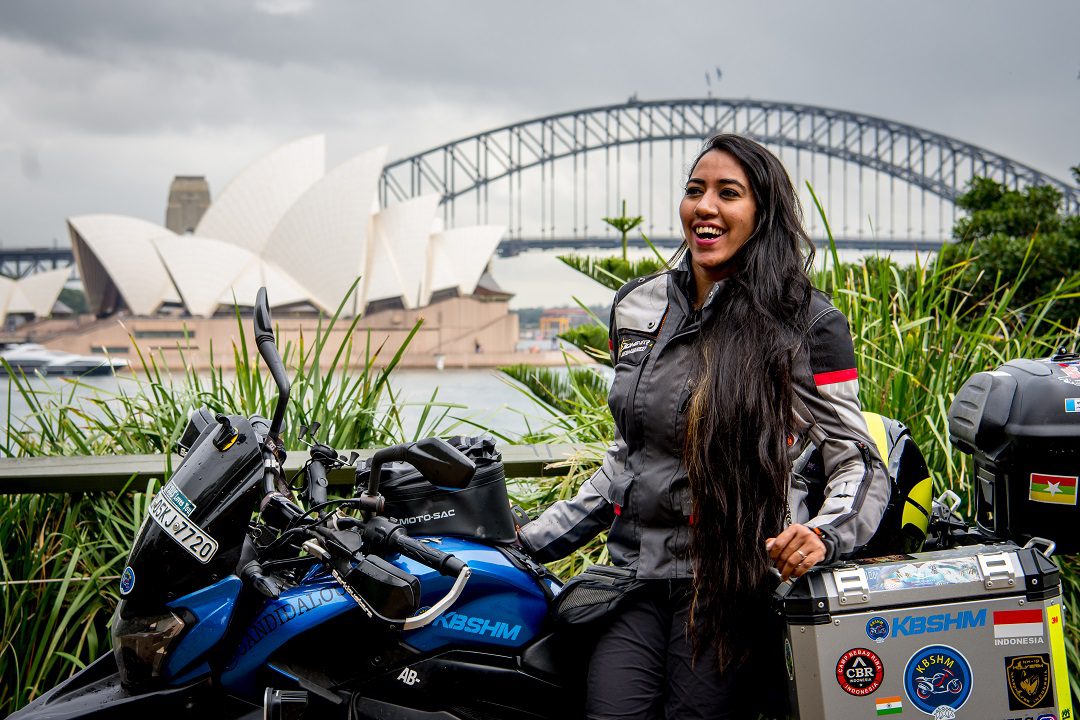
Candida Louis is Sydney
It was a personal voyage yet sponsors were ready to help, and Candida made the journey as a part of the Change Your World Fund travel project. “I have taken many international road trips before, but this was special,” adds Louis who stayed with Alistair’s family for a week in Sydney, and visited his grave. “It felt like I managed to finish the trip for Alistair,” she adds.
“Travel is empowering. Your perspective on life changes. I have realised how we are just a speck in the universe. Getting to know people and multi-cultures is what makes it exciting,” adds the girl on a mission to educate the world on the importance of travel.
The Hubli-born girl has always been enchanted by travel. “I would accompany my dad on road trips to Goa from Hubli on his bike – it gave me a sense of freedom,” says Candida. This passion for exploration extended to her youth and when her dad gifted her a bike on her 21st birthday, she was ecstatic. While her love for travel was simmering, Louis, like everyone, opted for a steady job. Her days as a financial analyst with Oracle were a good balance of work and travel. The 31-year-old then began questioning herself when she moved to Infosys. “With crazy timing, immense world load, the urge to be outdoors was even stronger,” reveals the biker girl.
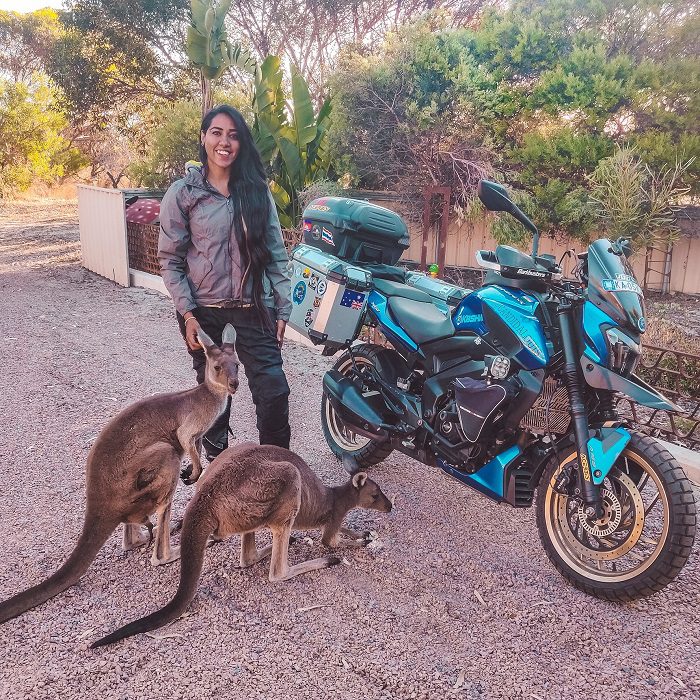
Candida Louis on her road trip in Australia.
Travel opens up new perspectives
Without further ado, she packed her bags and went biking from South to North India on a three-month sabbatical. It gave her a sense of purpose. “I knew this was my calling. I wanted to see the world and experience it first-hand. That trip made me realise that I could never go back to a desk job. On my return, I quit and went on another trip across India,” declares the biker who covered 32,000 km and 22 states in four months.
While spreading her wings gave her the quintessential freedom, she did face resistance initially from her parents. “It wasn’t an easy decision to quit my job. For my parents, a job meant security and financial stability. They were aghast that I was leaving all for biking. But I was adamant. I asked them to give me a year to prove myself, and told them if things didn’t work out, I would resume my job,” reveals Candida whose bargain paid off, and she bid farewell to her corporate life.
The initial journey was bumpy as women bikers were not a norm in 2015. “The only job I got was that of a store manager at bike rentals. However, Wicked Ride (a bike rental in Bengaluru) gave me a chance, and specially created an opportunity for me to lead tours. This opened doors,” chirps Candida. In no time, she was planning and organising bike tours across India, and has led more than 40 trips across seven countries ever since.
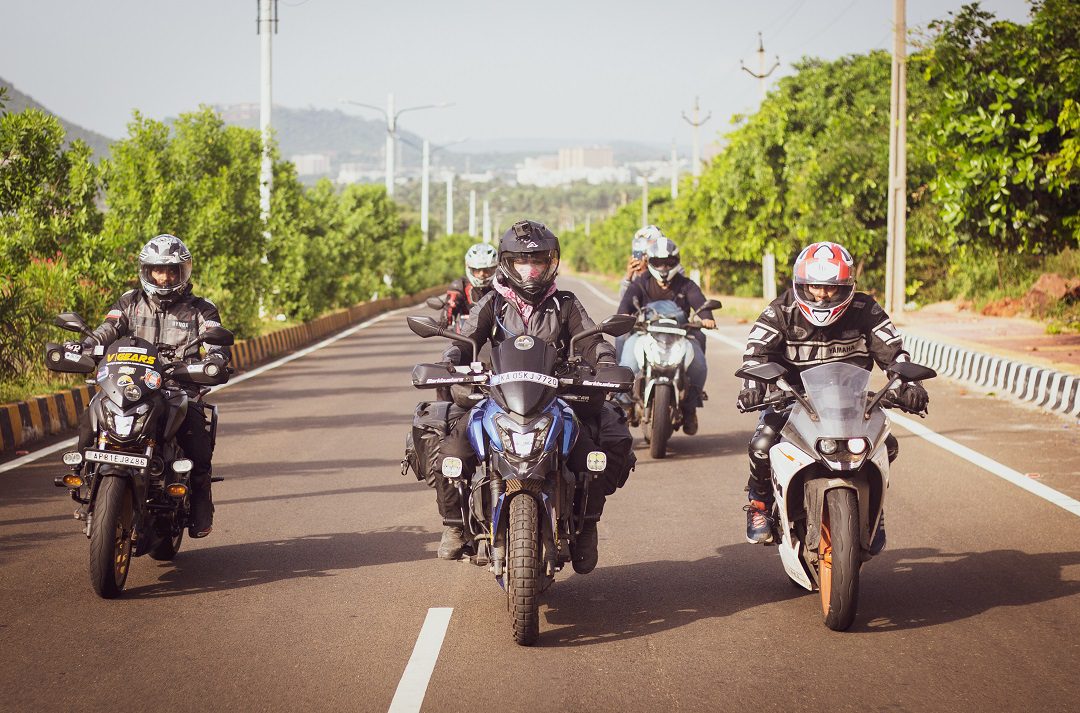
Candida Louis with her group of bikers.
The sensation across border
Her road trip from Bengaluru to Sydney made Candida a social media sensation. Louis kickstarted her journey from Bengaluru, moved to the East Coast, headed towards North-East before entering Bhutan. She then rode the beautiful roads of Myanmar, Cambodia, Thailand, Malaysia, Singapore, and Indonesia from where she loaded her bike on a ship to Perth and then rode to Sydney.
It was the best of experiences, as people cheered her throughout. “I remember posting on social media, and found over 100 people waiting for me at Vidhana Soudha to flag off my journey. Often, people were waiting on highways to show their support,” recalls the girl who has 159k followers on Instagram. She started using Facebook to keep her friends and family updated, and found innumerable supporters. “I was an accidental content creator. But over the years, content has helped me find sponsors,” says the adventure enthusiast. However, she warns amateurs about the risks. “It can be tricky as there are days where you don’t know how you are going to make money. During the pandemic, I didn’t make money for seven months. It’s a risk you take for something you love,” adds the girl.
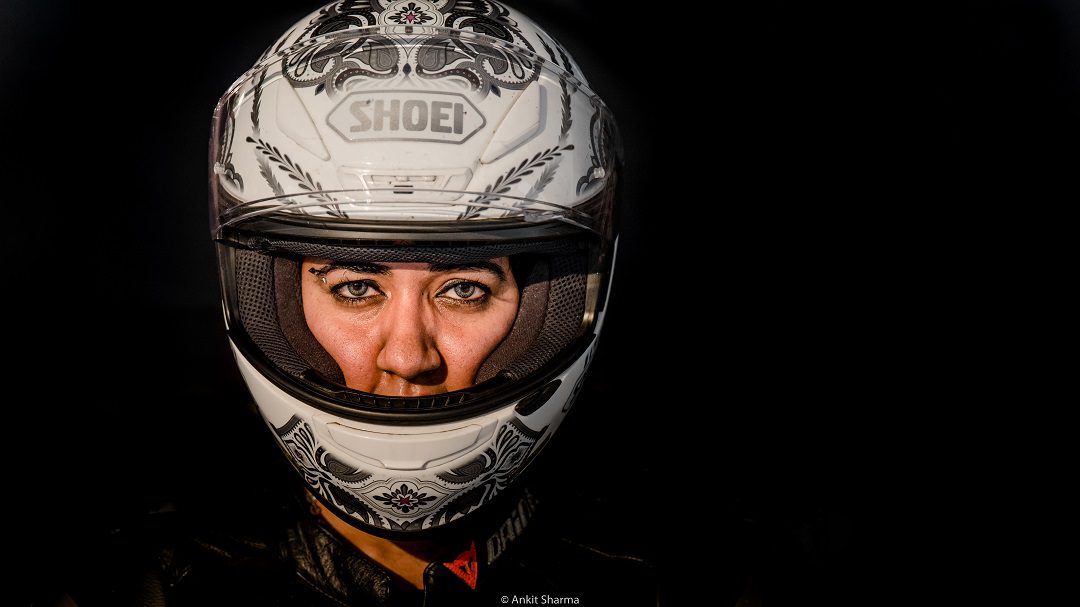
Candida Louis
In the past six years, Candida has become patient and accepting owing to her travel. Confined to her home during Covid 19, she adapted by spending time with family, doing art and hiking. “Being a biker, you are mostly on the road. So, the pandemic was a blessing in disguise as I got to be with my parents. I didn’t miss being on the road much as I like being in the moment,” says the avid gardener.
For someone who has been on the road for a very long time, she recalls an incident in Cambodia as one of her most special moments. “When I was riding in Cambodia for a month in 2017, 20 days into the trip and I started missing Indian food. As we were riding through one of the remotest areas, it was impossible to find that. But we happen to find an Indian man on a tractor while stopping at a water stream who told us that many Indians work in a nearby factory. He invited us for lunch and we had sumptuous rice and sambhar. I think it was one of the best moments for me,” says an ecstatic Candida.
When Candida started as a woman biker, she was among a handful to take the road less travelled. Every passing day, more women are breaking gender stereotypes and venturing into riding but she says there’s still a long way to go. “There are 4,000-5,000 female bikers right now in India, a very small number,” she says, adding that family support is the real game-changer. “I am happy that my parents have been my biggest support system. But many are not getting such support,” she adds. “Do not give up on your dreams,” is her advice, “It took me 10 years to prove myself. Nothing comes easy and it needs constant dedication, hard work, and passion. Just keep going.”
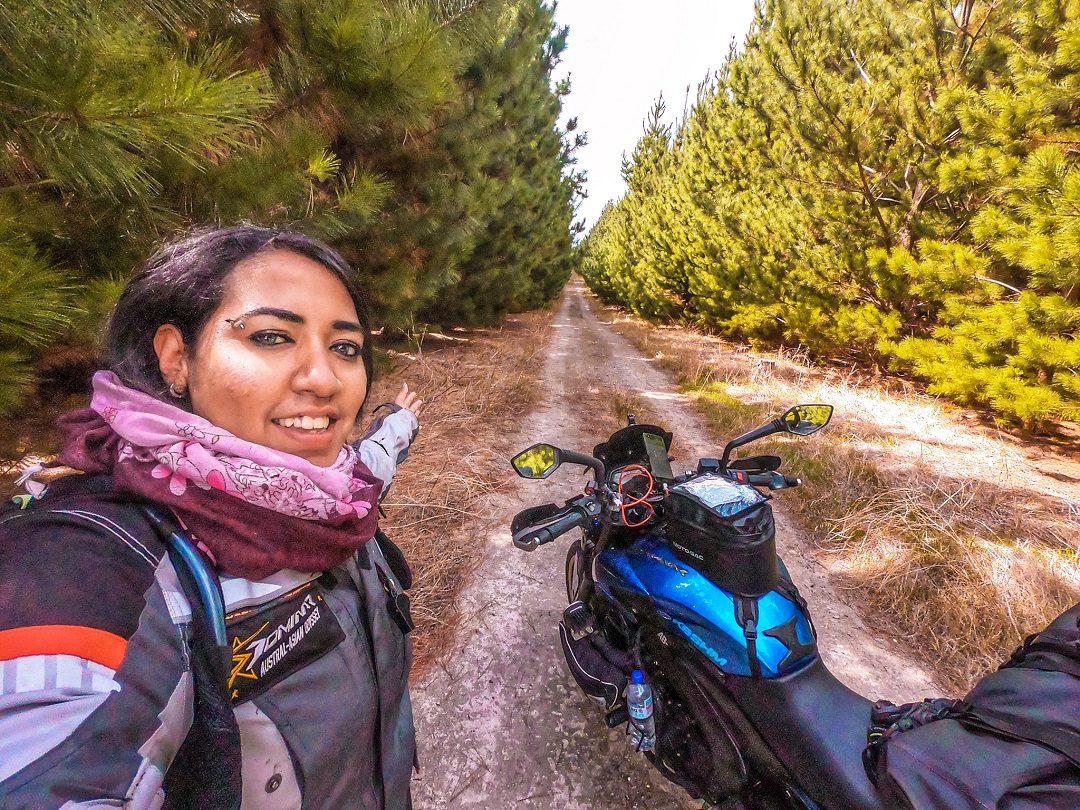
Candida Louis
Candida has travelled across continents on her hot wheels, knows how to fix almost any problem herself, but Covid 19 has been a spoiler. However, her fingers are crossed for her next big adventure. “With the Omicron strain, many trips are getting cancelled. But if all goes well, I will be riding to Europe in 2022,” says the girl who is following her dreams, one ride at a time.
How to chart your own road trip across continents
- Visa: Since Indian passport isn’t too strong, it’s best to get visa for all the countries you are planning to travel to before the commencement of the journey.
- Fuel: Finding petrol pumps across the countries is quite simple. In remote places, if you might not find petrol pumps, petrol in bottles is always easily accessible.
- Police checkpoint: Every country has their own rules, but one needs to show passport, visa, bike registration number at most checkpoints while entering a country.
- Documents needed:
- Passport: It is stamped at all border crossings while entering and exiting countries.
- Carnet: In simple terms, it acts as a customs document for your motorcycle and has all details about your bike number, engine number and bike registration number. For India, you can get it from WIAA, for Europe, you can get it from ADAC and for the US, you can get from Boomerang. This document keeps you away from paying heavy tax that are levied on imported vehicles on road and states that the bike will return to India in a year.
- International Driving Permit: You can get this document by submitting your passport, visa, flight tickets and filling a form to the Regional Transport Office. This is valid for one year.
- Motorcycle Registration: Make sure to carry the original document, however, do carry photocopies that you can hand out at borders.
- Biker’s checklist
- Travel as light as possible.
- Only carry the essentials.
- Pack more food and water, and less of clothes.
- Women’s checklist
- Always have a GPS tracker on the bike.
Follow Candida Louis on Instagram


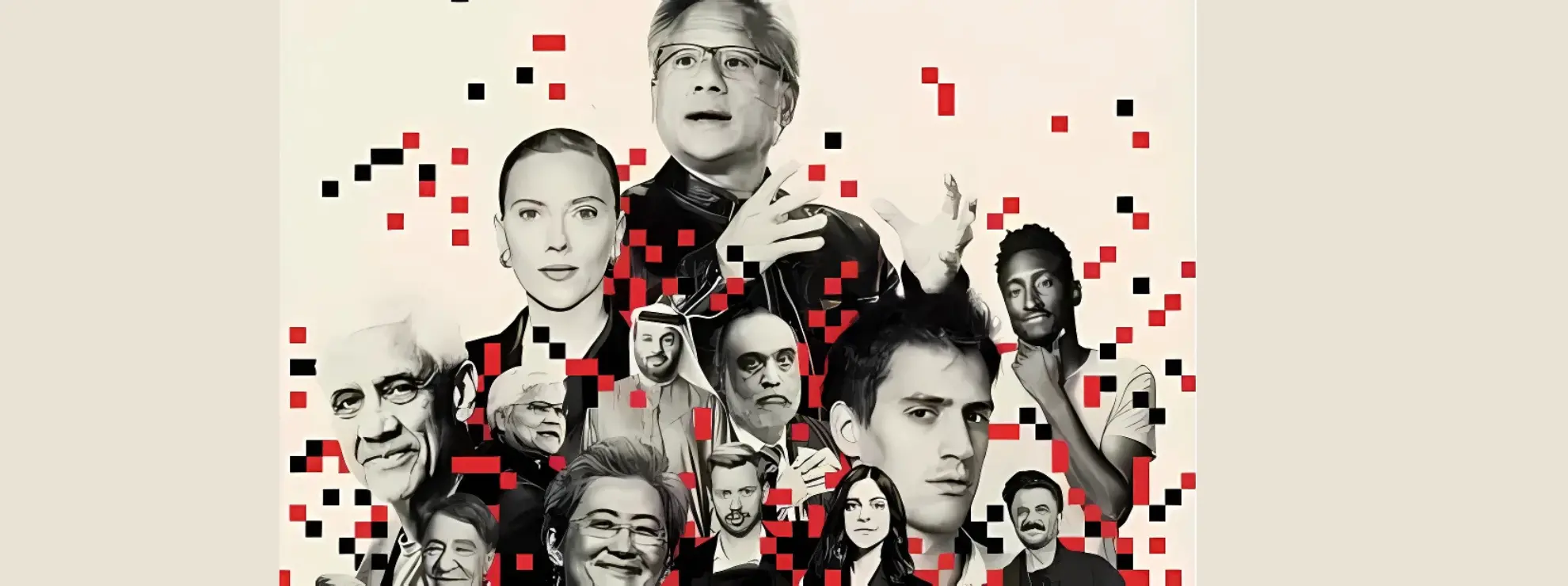
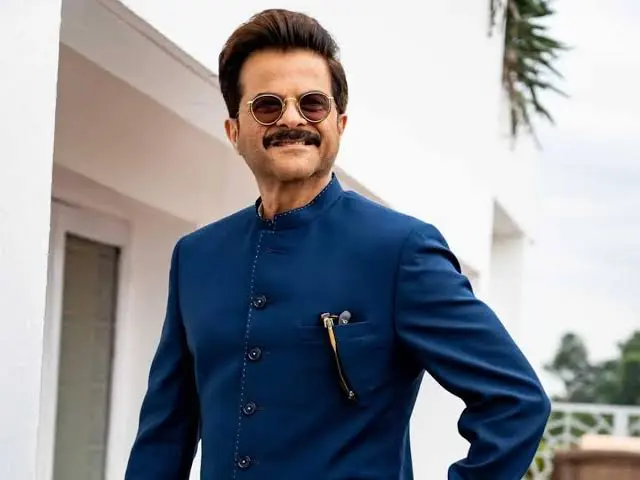
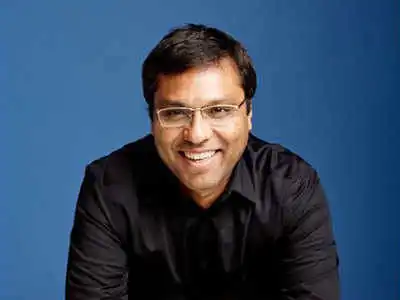 Rohit Prasad, the brains behind Alexa and the vanguard of AI at Amazon[/caption]
Rohit Prasad, the brains behind Alexa and the vanguard of AI at Amazon[/caption]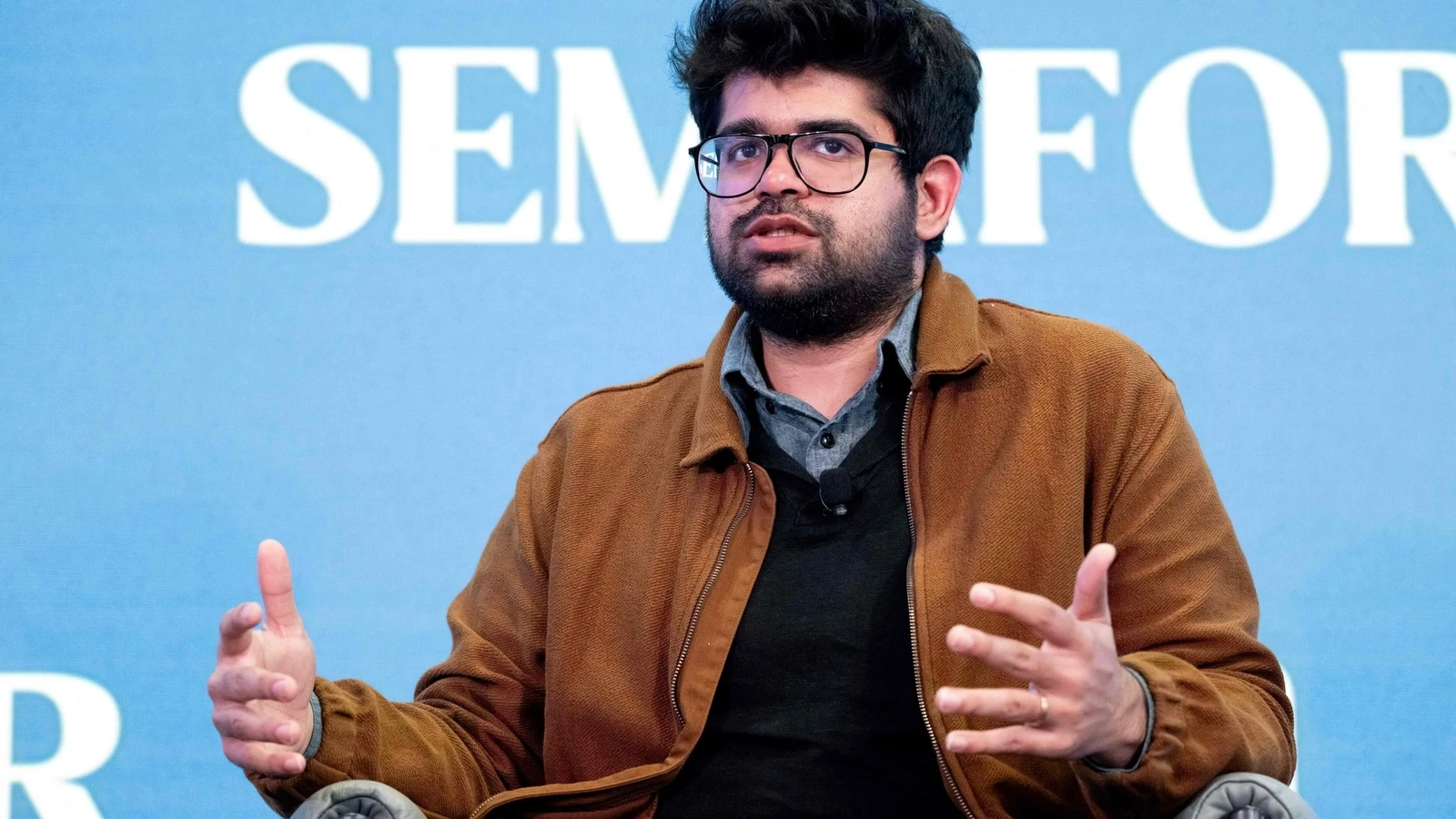 Aravind Srinivas, founder, Perplexity[/caption]
Aravind Srinivas, founder, Perplexity[/caption]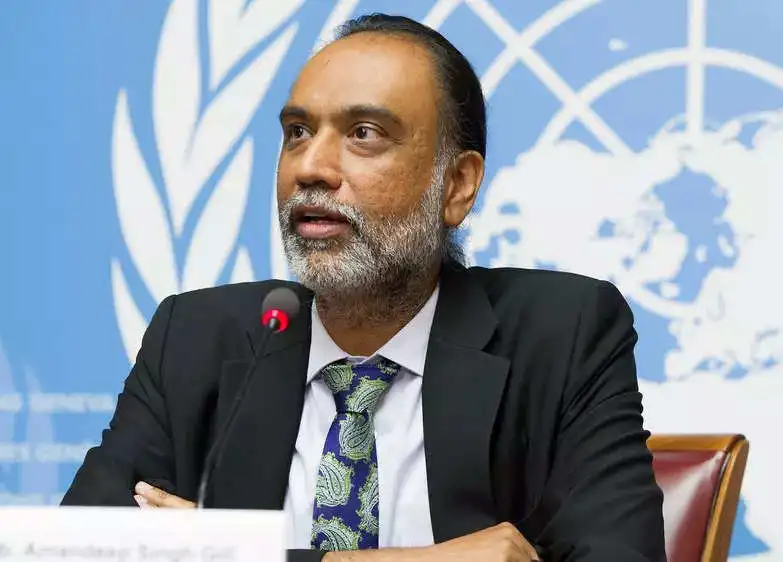 Amandeep Gill, United Nations Secretary-General’s Envoy on Technology[/caption]
Amandeep Gill, United Nations Secretary-General’s Envoy on Technology[/caption] Divya Siddharth[/caption]
Divya Siddharth[/caption]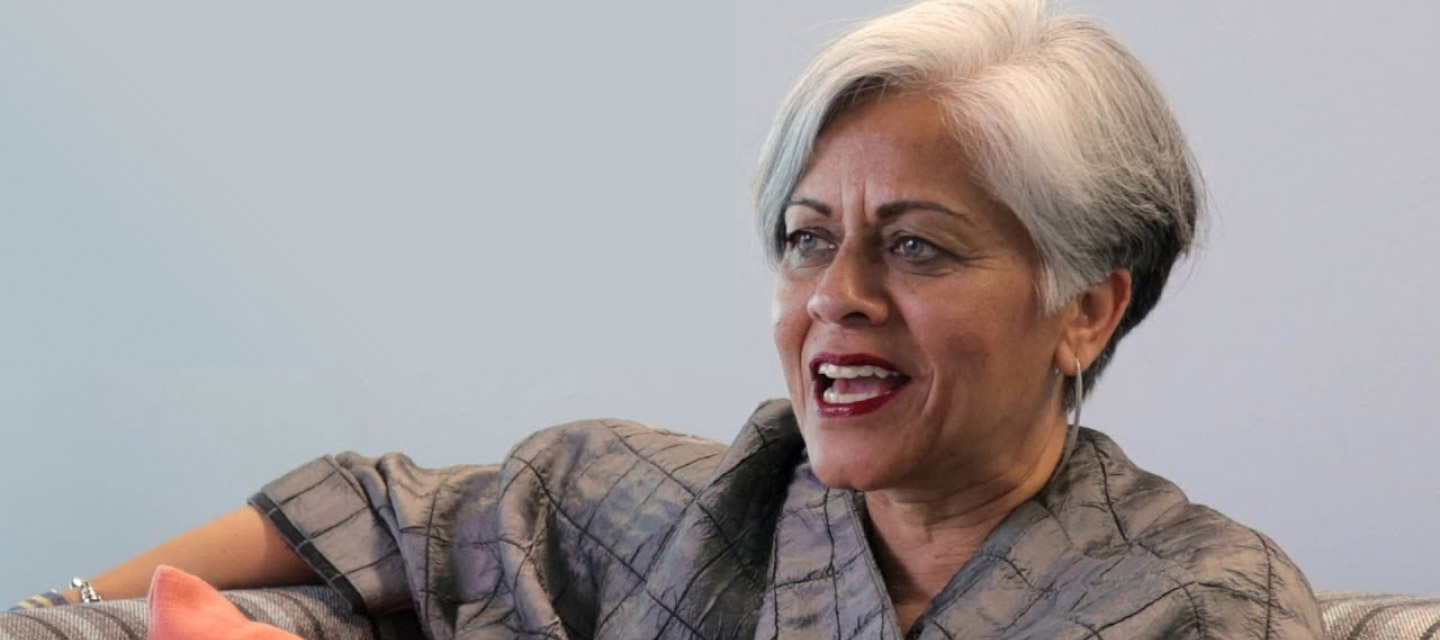

 The Met Gala carpet, designed by Neytt by Extraweave.[/caption]
The Met Gala carpet, designed by Neytt by Extraweave.[/caption]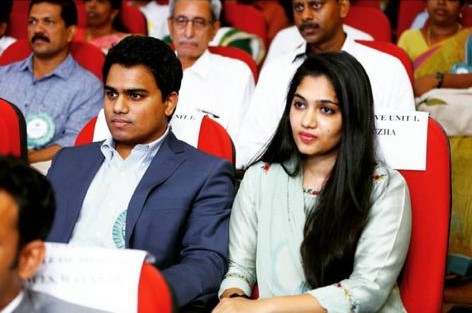 Sivan Santhosh and Nimisha Srinivas[/caption]
Sivan Santhosh and Nimisha Srinivas[/caption]
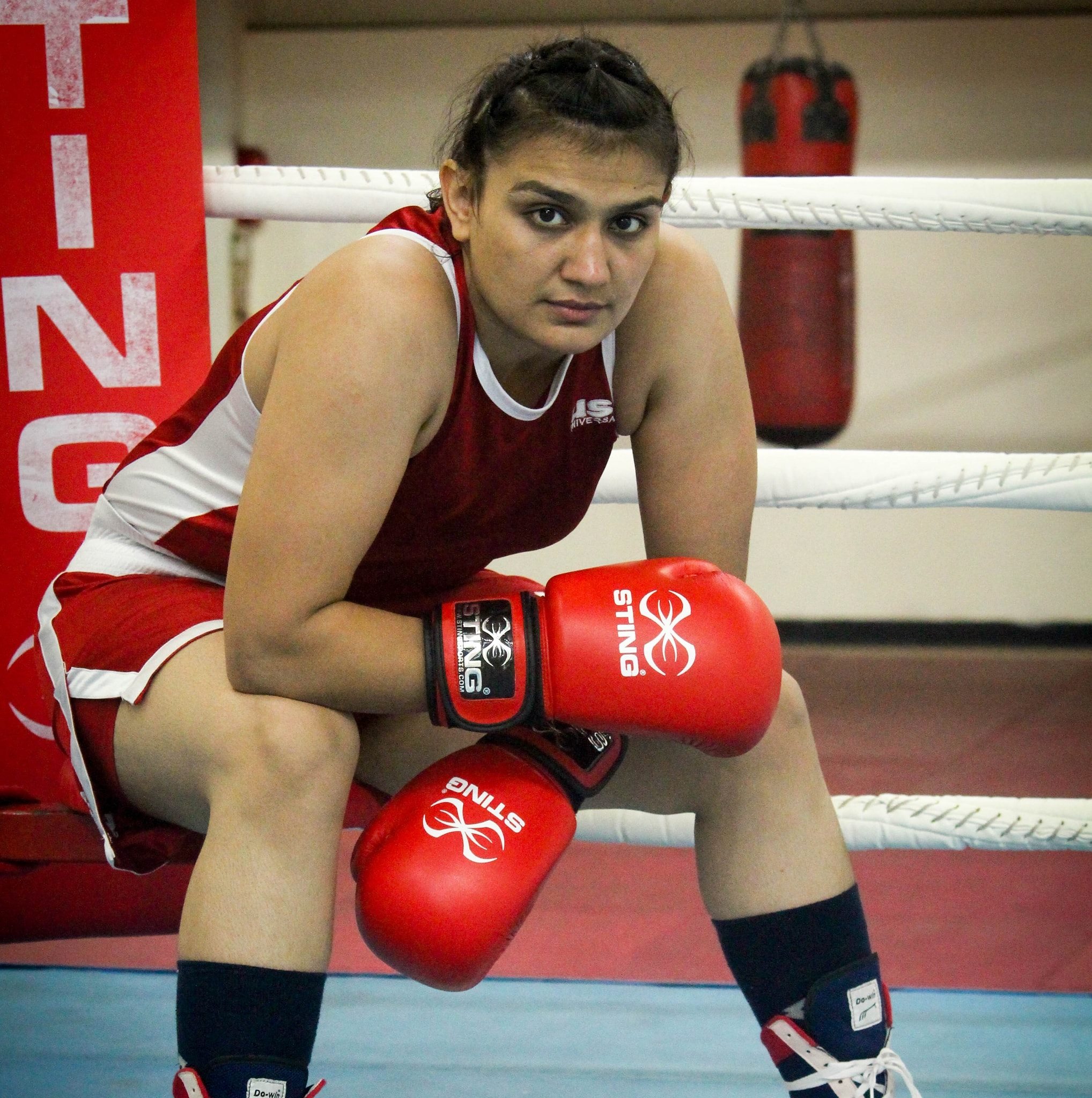


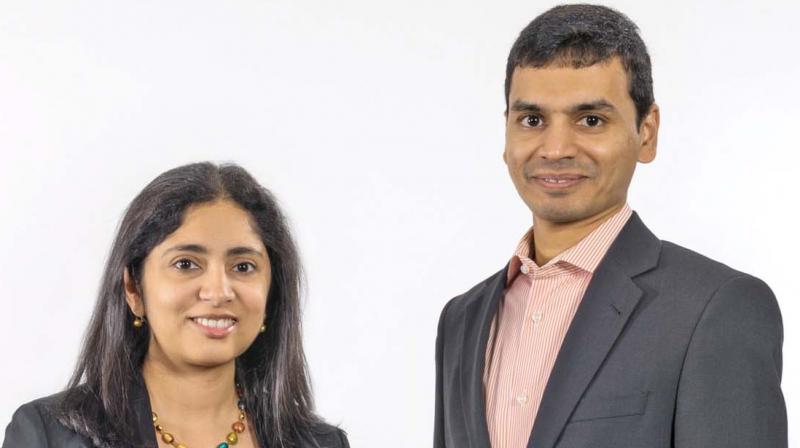 Dr Madhu Bhaskaran with husband Prof Sharath Sriram[/caption]
Dr Madhu Bhaskaran with husband Prof Sharath Sriram[/caption]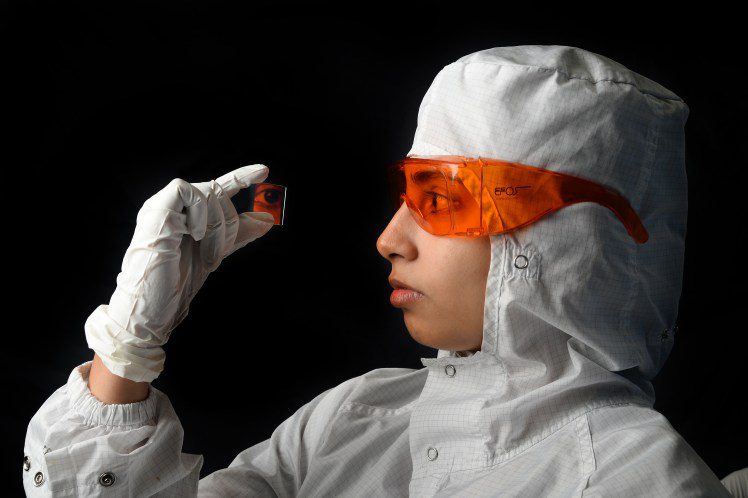
 The Soterius Scout sensor[/caption]
The Soterius Scout sensor[/caption]